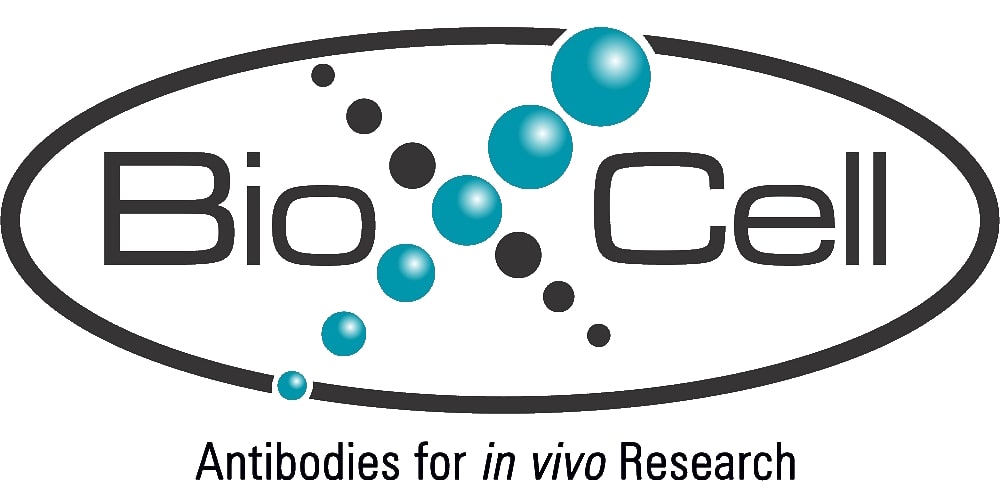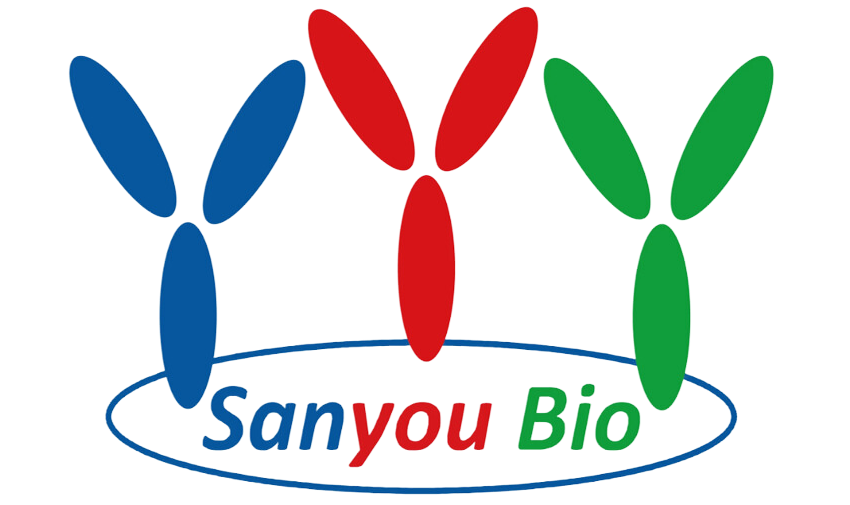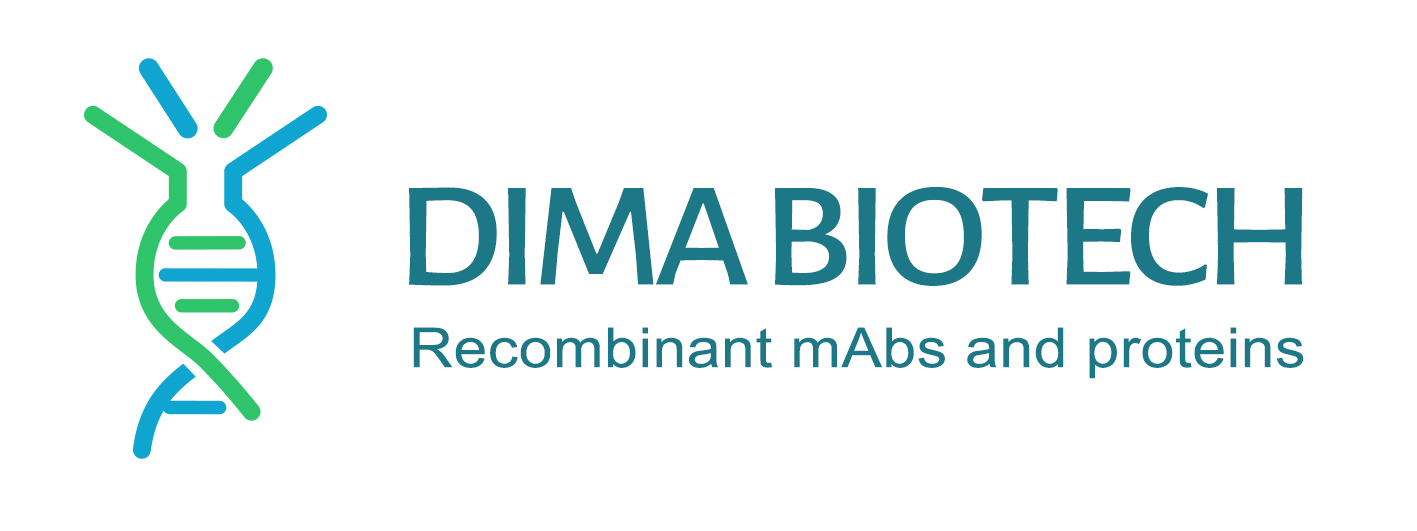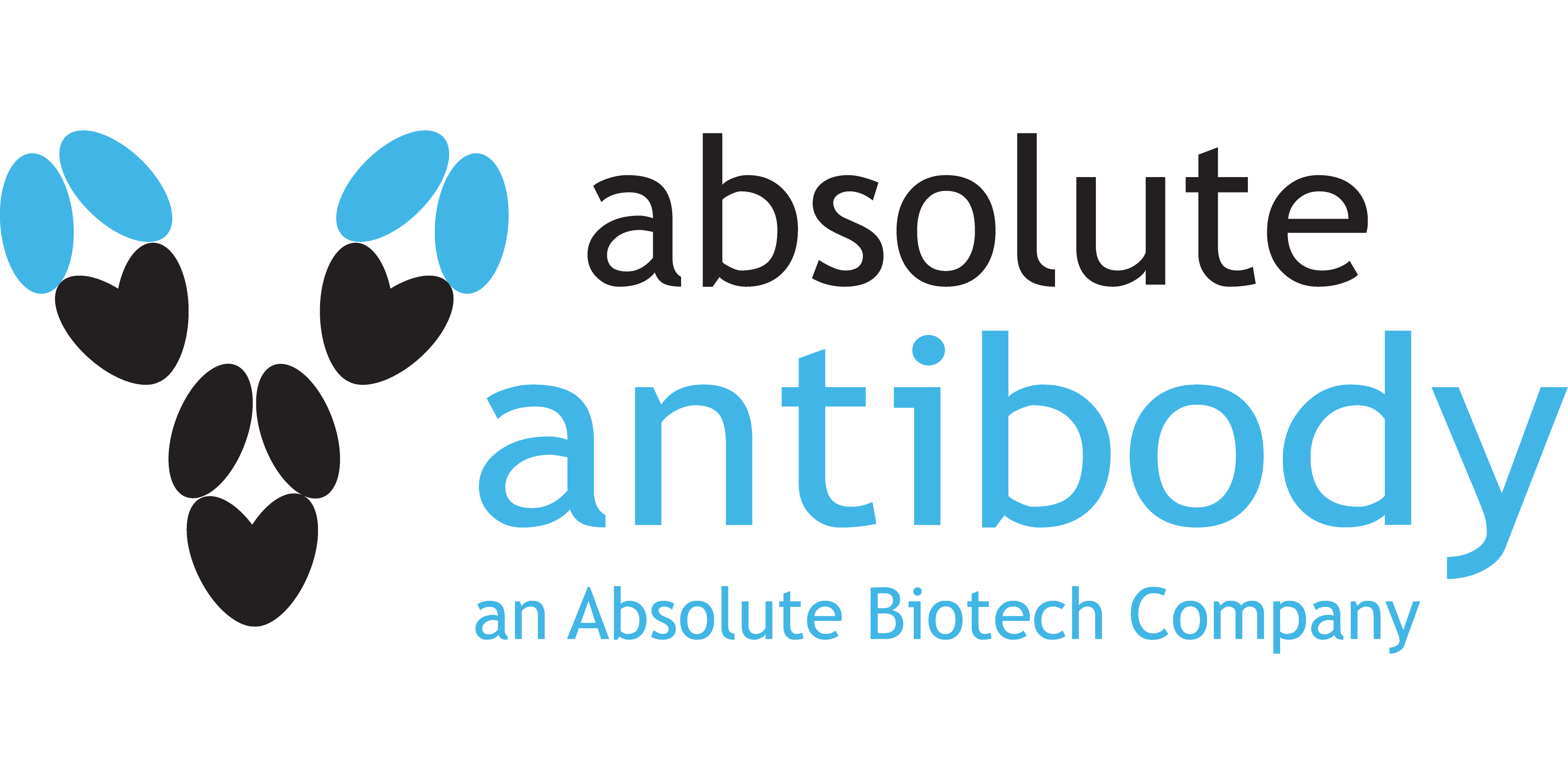Research Grade Biosimilars
2BScientific offers a wide selection of reagents to support the study of approved biological medicines and the development of biosimilars. These include products for investigating the following well-known monoclonal antibody therapeutics.
Biosimilars are biological medicines that, as the name suggests, are highly similar to other already approved drugs. They are generally derived from a living organism such as a human, animal, microorganism or yeast and include monoclonal antibodies, blood components, gene therapy, tissues and vaccines.
While therapeutic grade biosimilars are subject to the same quality, safety and efficacy standards that apply to all biological medicines, research grade biosimilars are intended as tools for pre-clinical testing and are widely used as a benchmark for evaluating novel drugs.
Biosimilars usage has become extremely relevant in the disease market as they offer a cost-effective alternative approach to disease treatment, especially since their biological counterparts are frightfully expensive and in low supply.
Biosimilars are being used in the treatment of diseases like cancer, autoimmune diseases dermatological disease and shows promising growth in impacting other disease in the future.
The cost effectiveness of biosimilars allows more patients to access treatment sooner, and release funding for innovative treatments and improvements in pathways of care. Also, as biological medicines lose their patent protection, so the increased competition between biological medicines has the potential to deliver significant savings to the research community and hospitals.
Some of the key differences between a biosimilar and a drug product (particularly referring to traditional small-molecule drugs) are presented below:
Composition | They are biological products made from living cells or organisms consisting of large, complex molecules such as monoclonal antibodies, rather than chemically synthesised molecules. |
Regulatory pathways | Biosimilars require extensive clinical trials to prove that it is highly similar to the reference biological product in terms of safety, efficacy and quality. The approval process is more stringent because of the complexity of biologics, whereas Drug Products just need to show bioequivalence to the original. |
Immunogenicity | Being derived from living cells, biosimilars have a higher risk of causing immune reactions, compared to the lower risk presented by a Drug Product. |
Naming | Biosimilars are given distinct names, whereas generics are typically interchangeable with the brand-name version without additional studies or regulatory hurdles. |
Suppliers
2BScientific offers a range of Research Grade Biosimilars from our Trusted Suppliers, some of which are unconjugated, conjugated and Biotinylated.
Suppliers | Products | Benefits | Links |
BioXCell has a range of affordable research-grade recombinant invivo SIM Biosimilar Antibodies to study the biological effects of the drug through in vivo use. | They are made for in vivo usage and are easily affordable. They are ultra-pure (95%) and free of preservatives, stabilisers, and carrier proteins, hereby preventing immunogenicity and ideal for in vivo application including drug efficacy studies in humanised mouse models. | ||
| Sanyou Biopharmaceutical’s critical focus is on R&D innovation providing a range of antibodies that are ready to use or customisable providing regulatory validation. | Sanyou Biopharmaceutical offers a wide range of monoclonal Biosimilars that are similar to their reference products. They can also customise requested biosimilars at highly affordable costs with all validation requirements as aligned to Clinical regulations. | |
| DIMA provides 5,000 lead antibody molecules targeting approximately 400 drug targets. | Rigorous validation processes using binding assays ensuring high quality and reliability for potential therapeutic applications. | |
| Absolute Antibody offers a diverse range of approximately 67 Research Grade Biosimilars for RUO. They can also customise Biosimilars as per sequence. | AA biosimilars require fewer extra controls in an experimental setting. In addition to the original human format, their biosimilars are available with mouse, rabbit, rhesus monkey and cynomolgus monkey constant domains. |
Examples of Biosimilar Targets
Trastuzumab
Trastuzumab, better known as Herceptin®, is a humanized IgG1 monoclonal antibody produced using Chinese Hamster Ovary (CHO) cells. It targets human epidermal growth factor receptor 2 (HER2), a protein that is over-expressed by some cancer cells, preventing them from receiving growth signals and targeting them for destruction by the immune system. Trastuzumab is used to treat HER-2 positive cancer of the breast, stomach, and oesophagus. Approved Trastuzumab biosimilars include Ogivri, Trazimera, Herzuma, and Ontruzant.
Adalimumab
Adalimumab, better known as Humira®, is a recombinant human IgG1 monoclonal antibody produced in Chinese Hamster Ovary (CHO) cells. It is used to treat conditions including rheumatoid arthritis, Crohn's disease, ulcerative colitis, psoriasis and ankylosing spondylitis, and functions by specifically binding human tumor necrosis factor α (TNFα) to reduce inflammation. Amgevita, Imraldi, Hyrimoz, Hulio and Idacio are all approved Adalimumab biosimilars.
Atezolizumab
Atezolizumab, sold under the brand name Tecentriq®, is a humanised IgG1 monoclonal antibody produced in Chinese Hamster Ovary (CHO) cells. It has been approved to treat advanced or metastatic cancers including urothelial carcinoma, non-small cell lung carcinoma, triple-negative breast cancer, hepatocellular carcinoma, and melanoma. Atezolizumab works by binding programmed death-ligand 1 (PD-L1), a protein that is over-expressed by many cancer cells; by preventing PD-L1 binding to PD-1 receptors on the surface of activated T cells, Atezolizumab drives an active immune response that results in cancer cell death.
Bevacizumab
Bevacizumab, also known as Avastin®, is a humanised IgG1 monoclonal antibody produced in Chinese Hamster Ovary (CHO) cells. It targets vascular endothelial growth factor (VEGF), a signalling protein that promotes angiogenesis (the growth of new blood vessels) and that is over-expressed by some cancer cells. Bevacizumab is approved to treat advanced colon, lung, kidney and brain cancers, and metastatic breast cancer, and has also been used as a therapy for ‘wet’ age-related macular degeneration. Mvasi and Zirabev are approved Bevacizumab biosimilars.
Cetuximab
Cetuximab, branded as Erbitux®, is a chimeric mouse/human monoclonal antibody containing the human IgG1 constant region. It is produced in the NS0 murine myeloma cell line and is used to treat metastatic colorectal cancer and squamous cell carcinoma of the head and neck. Cetuximab functions by specifically binding the epidermal growth factor receptor (EGFR) to inhibit downstream pathway signaling and block the proliferation of tumour cells.
Infliximab
Infliximab, better known as Remicade®, is a chimeric mouse/human IgG1 monoclonal antibody produced and secreted from mouse myeloma (SP2/0) cells. It targets tumour necrosis factor α (TNFα) to suppress the inflammatory response and is used to treat conditions including Crohn’s disease, ulcerative colitis, rheumatoid arthritis, ankylosing spondylitis, and plaque psoriasis. Inflectra and Remsima are approved Infliximab biosimilars.
Ipilimumab
Ipilimumab, sold under the brand name Yervoy®, is a human IgG1 monoclonal antibody produced in Chinese Hamster Ovary (CHO) cells. It has been approved to treat advanced melanoma and can also be given in combination with nivolumab to treat patients with advanced kidney cancer. Ipilimumab targets cytotoxic T-lymphocyte-associated protein 4 (CTLA-4, also known as CD152), a negative regulator of T cell activation, allowing T cells to perform targeted tumour cell killing.
Nivolumab
Nivolumab, also known as Opdivo®, is a human IgG4 monoclonal antibody produced in Chinese Hamster Ovary (CHO) cells. It targets the programmed cell death-1 (PD-1) receptor expressed on the surface of activated T cells to disrupt its interaction with programmed death-ligand 1 (PD-L1), a protein that is over-expressed by many cancer cells. By blocking PD-1 binding to PD-L1, Nivolumab promotes an active immune response resulting in cancer cell death.
Rituximab
Rituximab, sold under the brand names Rituxan® and MabThera®, is a chimeric mouse/human IgG1 monoclonal antibody produced using Chinese Hamster Ovary (CHO) cells or mouse myeloma-derived cells (either SP2/0 or NS0). It is approved to treat conditions including non-Hodgkin’s lymphoma, chronic lymphocytic leukaemia, and rheumatoid arthritis, and functions by targeting the CD20 antigen on B-cells to cause their destruction; this removes malignant B lineage cells that are then gradually replaced. Truxima, Ruxience, and Rixathon are approved Rituximab biosimilars.
To get a quote for the products, place an order, or for more information, please email sales@2BScientific.com.



